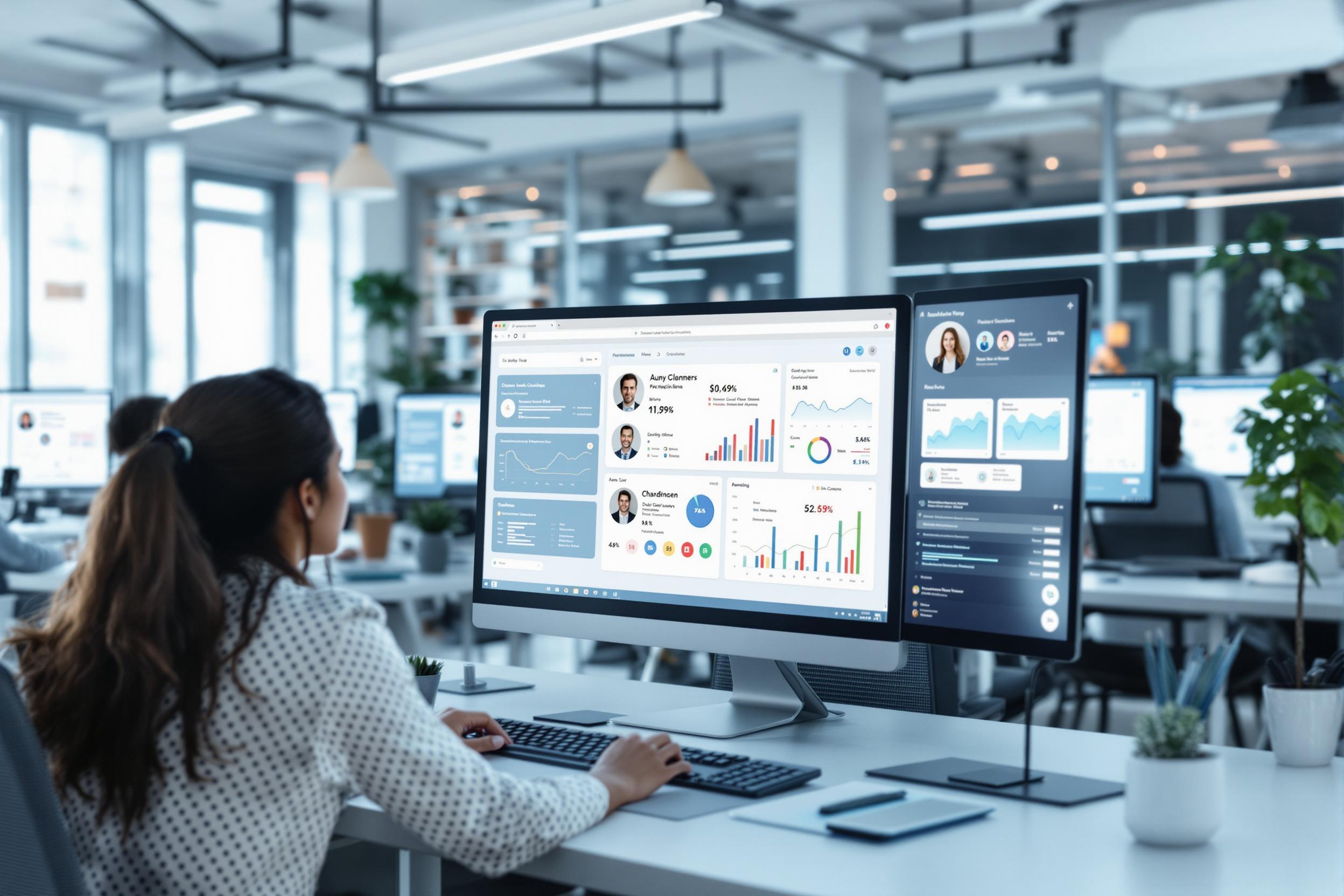
Pumps
Pumps are essential mechanical devices used in industrial settings to move fluids (liquids or gases) from one place to another. Think of them as the heart of many industrial processes - just like a heart pumps blood, industrial pumps move water, chemicals, oil, or other materials through systems. They come in many types, such as centrifugal pumps (which spin to move fluids) or positive displacement pumps (which push fluids). Maintenance workers need to know how to inspect, repair, and maintain these devices because they're crucial for keeping factories, water treatment plants, and other industrial facilities running smoothly.
Examples in Resumes
Performed preventive maintenance on Pumps and Pump systems in a manufacturing facility
Diagnosed and repaired Pump failures in water treatment operations
Led team responsible for installing and maintaining 50+ Pumps across multiple production lines
Typical job title: "Pump Technicians"
Also try searching for:
Where to Find Pump Technicians
Professional Associations
Online Resources
Example Interview Questions
Senior Level Questions
Q: How do you develop and implement a preventive maintenance program for pumps?
Expected Answer: A senior technician should explain creating maintenance schedules, tracking system performance, training junior staff, and implementing predictive maintenance techniques to prevent failures before they happen.
Q: Describe a complex pump system failure you diagnosed and how you solved it.
Expected Answer: Should demonstrate problem-solving abilities, leadership in coordinating repairs, and understanding of how pump systems interact with other equipment in the facility.
Mid Level Questions
Q: What are the common causes of pump failure and how do you troubleshoot them?
Expected Answer: Should be able to explain typical issues like cavitation, seal failures, bearing problems, and demonstrate knowledge of systematic troubleshooting approaches.
Q: How do you perform alignment on a pump and motor assembly?
Expected Answer: Should explain the process of checking and correcting alignment, tools used, and importance of proper alignment for equipment longevity.
Junior Level Questions
Q: What are the basic safety procedures when working with pumps?
Expected Answer: Should mention lockout/tagout procedures, personal protective equipment, checking for hazardous materials, and basic electrical safety.
Q: What are the main types of pumps and their basic components?
Expected Answer: Should be able to identify common pump types (centrifugal, positive displacement) and basic parts like impellers, seals, and bearings.
Experience Level Indicators
Junior (0-2 years)
- Basic pump maintenance and inspection
- Safety procedures and equipment operation
- Simple repairs and part replacement
- Reading maintenance manuals and diagrams
Mid (2-5 years)
- Troubleshooting complex pump problems
- Preventive maintenance planning
- Pump and motor alignment
- Reading and understanding engineering specifications
Senior (5+ years)
- System-wide maintenance program development
- Advanced diagnostic and repair techniques
- Team leadership and training
- Project management and budgeting
Red Flags to Watch For
- No hands-on maintenance experience
- Unfamiliarity with basic safety procedures
- Lack of mechanical aptitude or troubleshooting skills
- No experience with preventive maintenance practices




